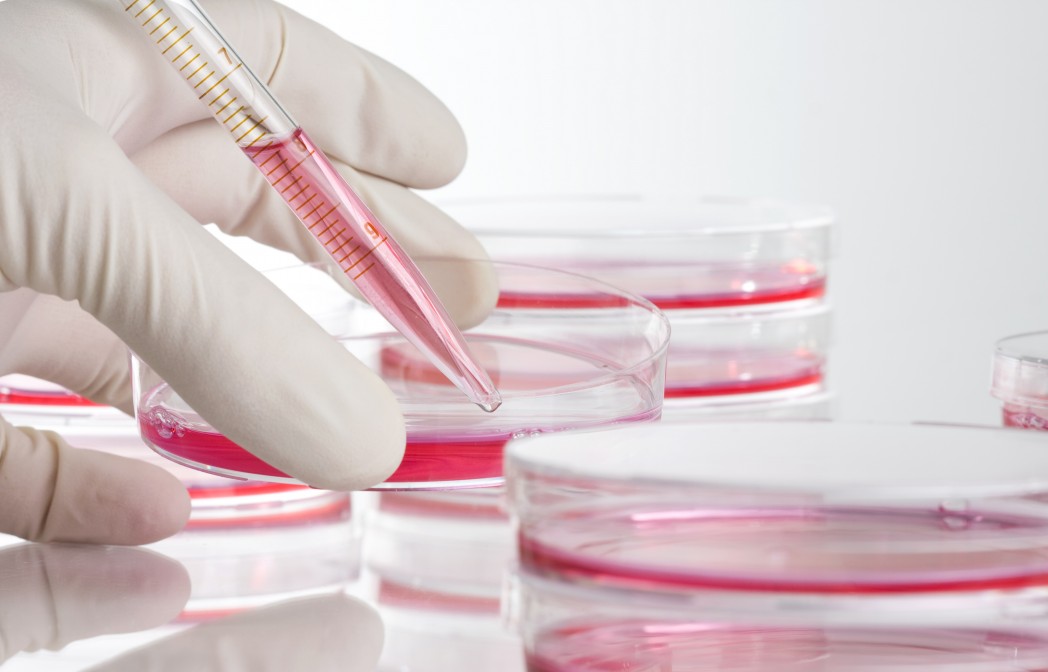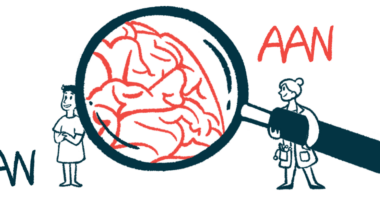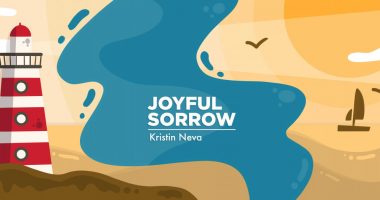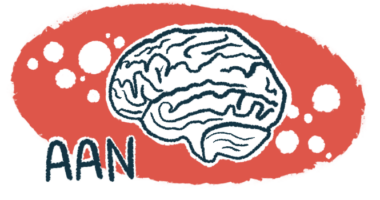NurOwn Promotes Immunoregulation, Lessens Inflammation, Preclinical Study Shows

BrainStorm Cell Therapeutics’ cell-based therapy NurOwn increases the number of immunosuppressive cells and lessens inflammation, according to a small preclinical study.
These immunoregulatory effects, along with NurOwn’s neuroprotective and neuroreparative properties, may be key to halt the progression of amyotrophic lateral sclerosis (ALS) and other neuroinflammatory diseases, including progressive forms of multiple sclerosis (MS) and Alzheimer’s disease.
NurOwn is being tested in a pivotal, ALS placebo-controlled Phase 3 clinical trial (NCT03280056), which has completed patient dosing, and in an MS open-label Phase 2 trial (NCT03799718). BrainStorm expects to announce top-line ALS trial data before the end of the year.
“We continue to expand our scientific knowledge of NurOwn’s mechanism of action through preclinical and clinical research,” Chaim Lebovits, Brainstorm’s CEO, said in a press release.
“Our goal is to efficiently bring practical solutions to patients in need, through innovative science, completion of the Phase 3 ALS clinical trial and advancement of clinical programs in progressive MS and Alzheimer’s disease,” Lebovits said.
The preclinical findings were published as a letter to the editor, “Effects of MSC-NTF cells on T and B regulatory cell function in ALS,” in the journal Amyotrophic Lateral Sclerosis and Frontotemporal Degeneration.
NurOwn uses a person’s own mesenchymal stem cells (MSC), which are capable of generating different cell types, to promote and support nerve cell repair.
A patient’s MSC are collected from the bone marrow, after which they are expanded and matured into cells that produce high levels of neurotrophic factors — compounds that promote nervous tissue growth and survival. The mature cells are then infused back to the patient through an injection into the spinal canal.
Besides its neuroprotective and neuroreparative functions, NurOwn was shown to increase the number of circulating regulatory T-cells (Tregs) and lower inflammatory biomarkers in the cerebrospinal fluid (CSF, the fluid that surrounds the brain and spinal cord) in ALS patients participating in previous Phase 2 trials (NCT01777646 and NCT02017912).
Tregs act as negative regulators and shut down excessive immune and inflammatory responses triggered by other immune cells, maintaining a healthy immune balance.
Neuroinflammation is recognized as one of the key players in the development of ALS, and a shift toward an increase in pro-inflammatory immune cells in detriment of Tregs is associated with ALS severity and progression.
To better understand the immunomodulatory functions of NurOwn, Brainstorm evaluated the therapy’s effects on the numbers of Tregs and regulatory B-cells (Bregs, another type of immunosuppressive immune cell), as well as on the levels of the pro-inflammatory molecule interferon gamma (IFN-gamma) and the anti-inflammatory molecule interleukin-10 (IL-10).
Impaired Tregs and Bregs function has been implicated in the development of ALS and MS. Furthermore, IFN-gamma is linked to the progression of ALS and MS, while IL-10 production has been viewed as a protective mechanism in these diseases.
The researchers cultured NurOwn cells from healthy individuals together with human peripheral blood mononuclear cells (PBMCs) — which include several types of immune cells, such as T-cells and B-cells — or isolated B-cells.
Results showed that adding NurOwn cells to PBMCs promoted a significant increase in the number of Tregs and a significant drop in IFN-gamma levels. In addition, growing NurOwn cells with B-cells resulted in a shift toward Bregs and a significant boost in IL-10 production.
“These preclinical observations extend the understanding of immunomodulatory effects of NurOwn on CSF inflammatory biomarkers demonstrated in the US Phase 2 randomized clinical trial by providing specific mechanisms by which NurOwn may exert its beneficial effects on these important [biomarkers] pathways,” said Ralph Kern, MD, Brainstorm’s president and chief medical officer.
NurOwn has received orphan drug designation in the U.S. and in the European Union for the treatment of ALS. This designation is meant to accelerate the therapy’s development and review by providing regulatory support and financial benefits, and ensures marketing exclusivity for a period of time upon regulatory approval (seven years in the U.S. and 10 years in Europe).
BrainStorm also is conducting preclinical studies to explore NurOwn’s therapeutic potential in Parkinson’s disease, Huntington’s disease, and autism spectrum disorder.






